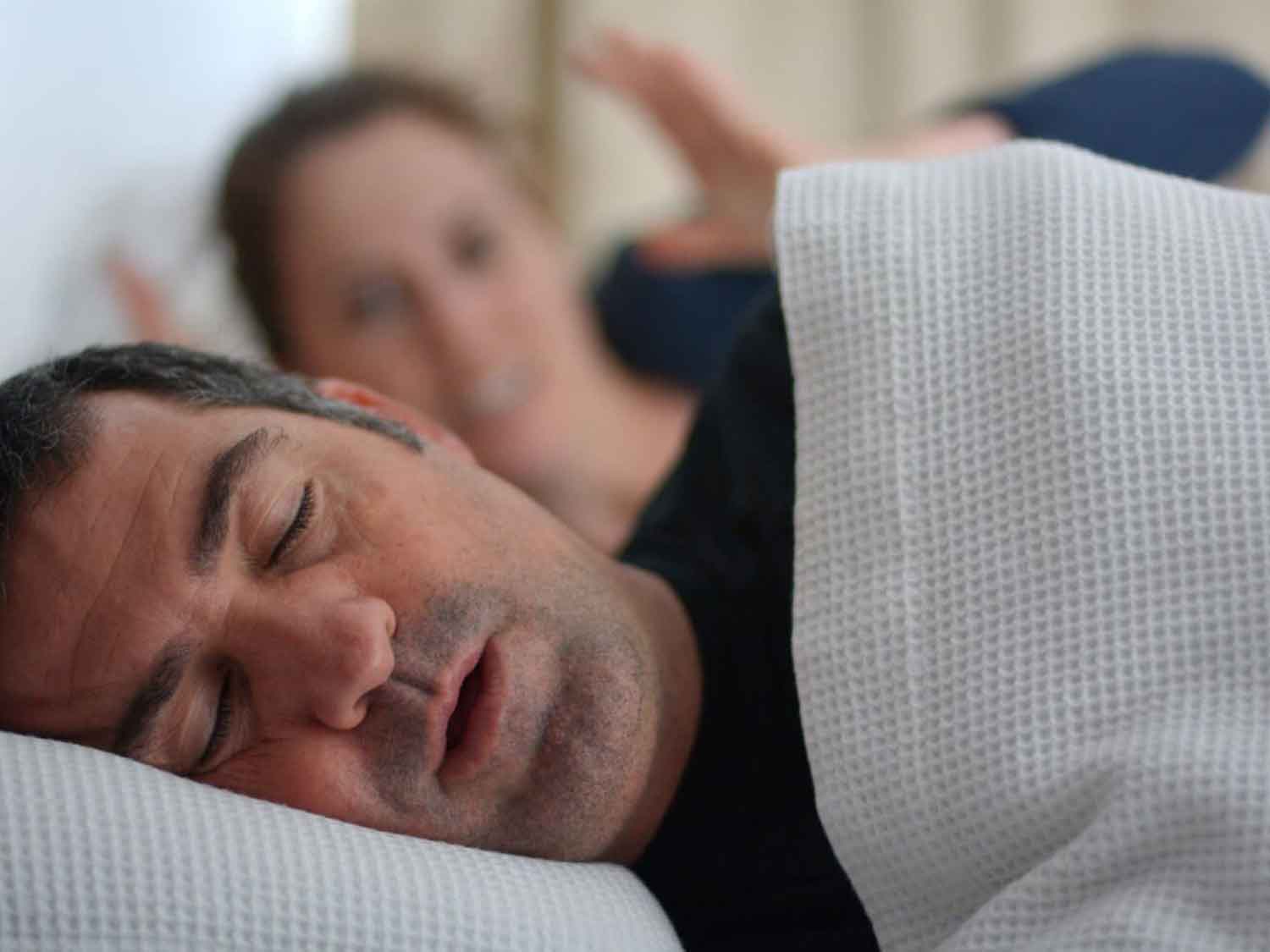SleepHealth
A new offering that facilitates the assessment of sleep disordered breathing of Obstructive Sleep Apnoea (OSA) to enable an accurate and efficient medical consultation. Addressing the capacity of services globally, it can be used remotely or during face to face consultations.
“90% of patients with OSA remain undiagnosed.”


Obstructive Sleep Apnoea (OSA) is so called because it occurs during sleep. Apnoea is the medical term for stopping breathing. Whilst OSA is common, the condition, in most cases is still overlooked. Worldwide, as many at 90% of patients with OSA remain undiagnosed and within the UK, it can take up to 7 years from when a patient first presents to their GP with symptoms before they are diagnosed with the condition.*
*(NHS North of England Specialised Commissioning Group, 2012)
Untreated Obstructive Sleep Apnoea carries significant adverse medical and wider societal consequencesRef: Dr Biswajit Chakrabarti, Consultant Respiratory Physician.
As observed in the consultation for the planned NICE guidance on sleep disordered breathing it is reported as having a prevalence of 5% in the adult population. It observed 85% of people with OSA in the UK are undiagnosed and untreated, despite the significant health and societal consequences it causes. “Worldwide OSA is among the most common respiratory disorders, with recent data suggesting between 14% and 49% of middle-aged men have clinically significant OSA.”**
**Epidemiological aspects of obstructive sleep apnoea, John F. Garvey, 1 Department of Respiratory Medicine, Galway University Hospitals, Galway, Ireland
*(NHS North of England Specialised Commissioning Group, 2012)

Untreated Obstructive Sleep Apnoea carries significant adverse medical and wider societal consequences.
- High risk of road traffic accidents
- Increased accidents at work
- Impaired quality of life for the person and their family
- Costly to the health care system
- Hypertension
- Heart Disease
- Stroke
- Type 2 Diabetes
- Obesity
- Reduced life expectancy
Our Sleep Clinical and Technical Risk Analysis
LungHealth guided consultation products, including Sleep have been developed in an iterative manner from its conception of the idea, through to delivery of our current products. The final product has been developed by incorporating feedback from Clinical Leads for Sleep Medicine, Respiratory Consultants, Sleep Physiologists, Respiratory Nurses and Commissioners of NHS Services.
Read the latest version of this document here.
When left untreated, breathing disorders impact health and quality of life
How do we help?
The Sleep Computer Guided software is intelligently designed to provide an efficient system for the specialist, and enable a non-specialist or paramedical person to undertake assessment of patients for OSA.
Where diagnostic doubt remains, it recommends referral to appropriate sleep specialty services for further assessment.
Software Features
The clinician is prompted every step of the way but not told what to do.
Automation
Sleep management system with automated patient letters or e-mails, reports and MDT alerts, which facilitates pathway redesign.
Convenience
Consultations can be done remotely or in a traditional office creating efficiencies for the healthcare provider and patients.
Security
The system is securely hosted on the NHS HSCN secure network, ensuring data compliance and security.
Since the implementation of the Sleep Guided Consultation the department has been able to make more informed clinical decisions enabling us to provide effective clinical management and improved pathways through the sleep decision process.
The software has enabled us to replicate patient consultations regardless of the time it has been carried out, so no information or questions around patient’s health that may have an effect on the pathway or treatment has be missed.
— Matthew Thomas, RPSGT Sleep Lab Manager, Liverpool University Hospitals
